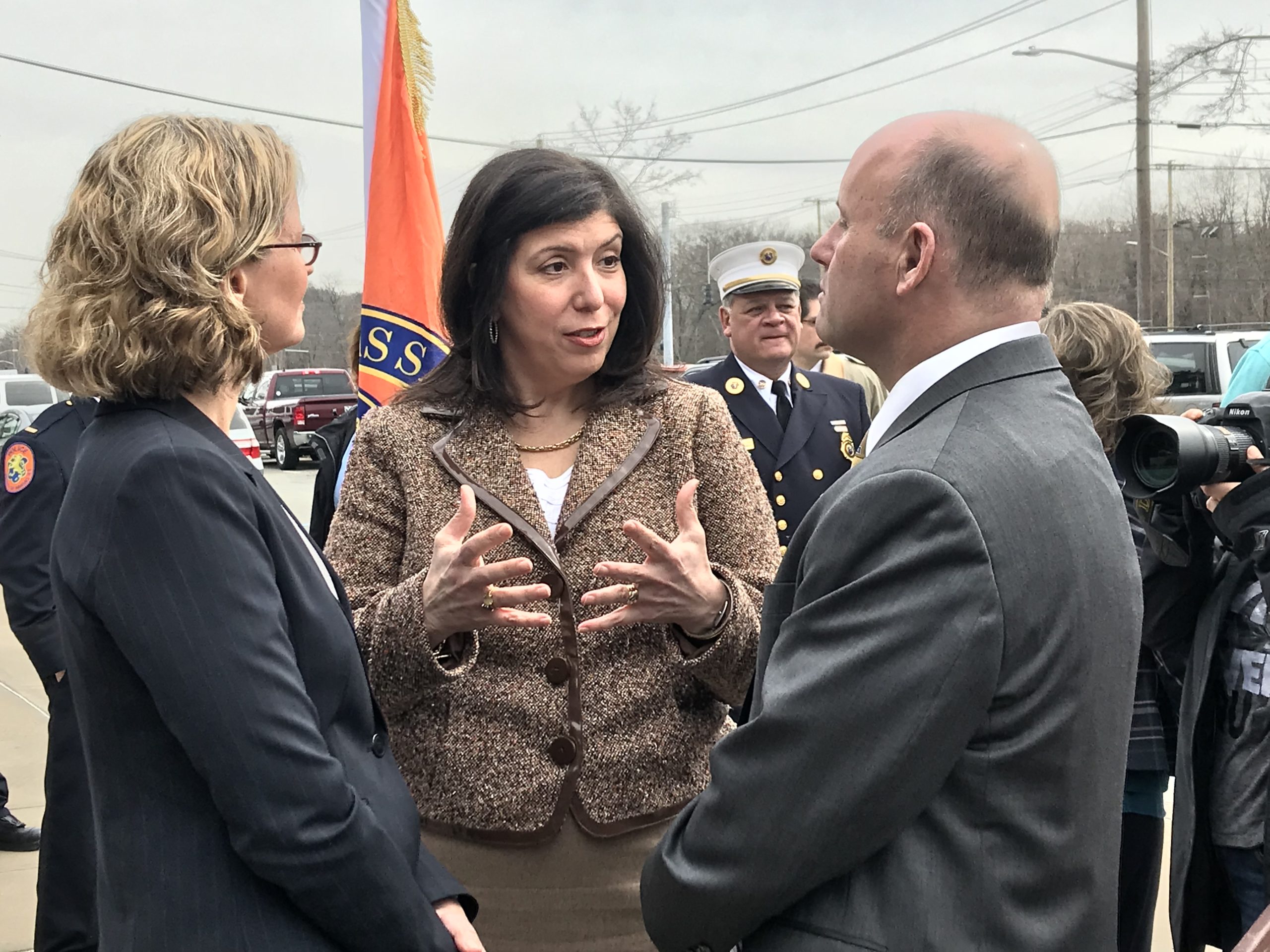Annual opioid overdose deaths in Nassau County dropped by nearly a quarter from 2016 to 2018, newly released statistics from the Nassau County medical examiner’s office show, decreasing from 195 in 2016 to 147 in 2018.
The new numbers show a reversal of a trend of consistently rising overdose deaths in Nassau County. There were 82 deaths involving at least one opioid in 2010. By 2015 that number more than doubled to 177, before peaking at 195 in 2016.
Deaths dropped by 11 to 184 in 2017, according to the medical examiner’s office, and then another 37 people in 2018 to 147 – an overall difference of about 24.6 percent. This is the lowest overdose death count since 2014, when 149 people died from overdoses.
“The opioid epidemic continues to be the most pressing public health crisis facing our communities, but this dramatic drop in overdose deaths shows that our work to bridge the treatment gap is saving lives,” Nassau County District Attorney Madeline Singas said.
Singas said that since the district attorney’s office partnered with Maryhaven’s New Hope Center to provide inpatient treatment in 2015, the facility helped more than 2,200 people get “the support they need to break free from addiction.”
Singas also thanked the county executive, Nassau County Police Department and “law enforcement partners at every level.”
Nassau County Executive Laura Curran credited much of the drop in overdose deaths to a “three-pronged strategy of enforcement, education and treatment to fight the opioid crisis” by the district attorney and said the county is “committed to building on this commendable process.”
“That’s why at my direction, Nassau County has mobilized at full-scale to meet the long-term treatment and education challenges necessary to eradicate this epidemic in Nassau County,” Curran said. “We cannot wait this out – for every additional life we can save, there is another family that does not have to bury a loved one.”
Nassau County Police Commissioner Patrick Ryder said the department and district attorney’s office have been in a “full-court press for the last two years” against the heroin epidemic and overdoses.
In that time they have seen a decline in overdoses, both fatal and nonfatal, and the need to use naloxone – better known as Narcan – to block the effects of opioid overdoses, Ryder said.
Still, Ryder added, they intend to keep on pushing with initiatives under “Operation Natalie” such as the “Takedown Drugs Programs” in wrestling, lacrosse and Little League.
“We thank all of these organizations for their continued support, that we stand together and for sending the right message that we will continue to work together to take down drugs,” Ryder said.



